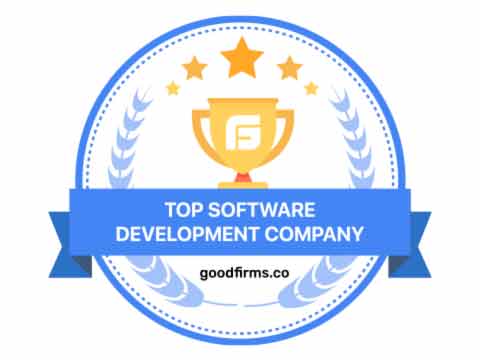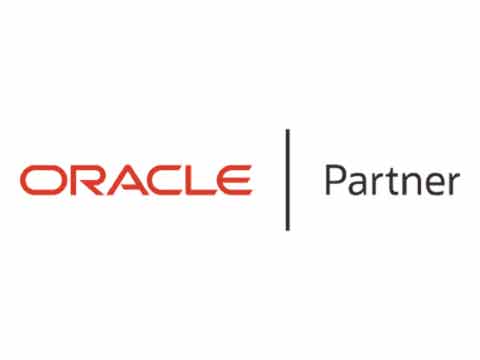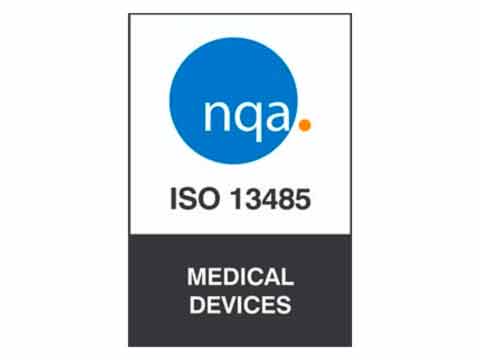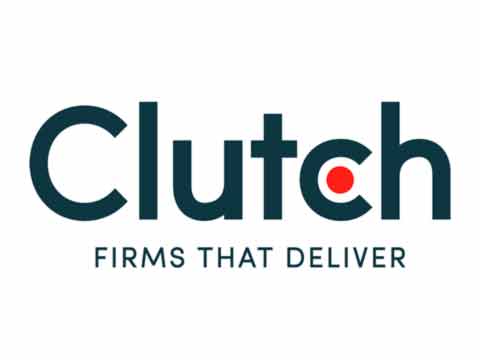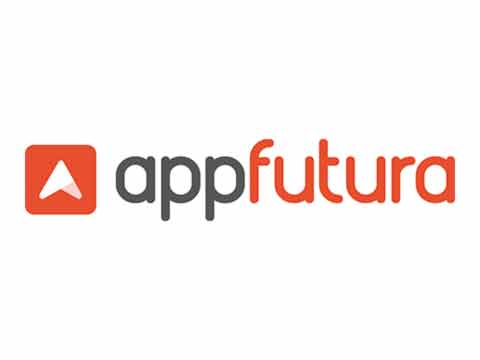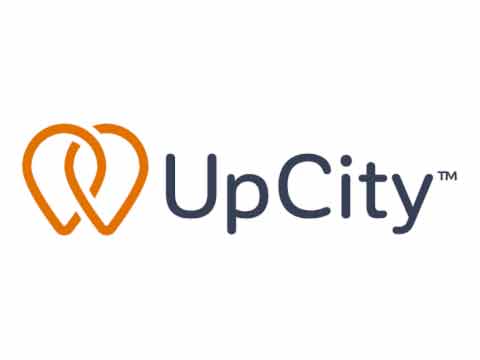Artificial Intelligence (AI) has become a buzzword in today’s digital age. It’s a broad term that encompasses various subsets, each with its unique characteristics and applications. Among these subsets, predictive AI often gets overshadowed by its more glamorous counterpart, Generative AI. However, Predictive AI holds immense potential and is a crucial component of many large-scale operations across various industries. In this blog, we are going to explore what is predictive AI and why it is considered as the forgotten AI.
What is Predictive AI
Predictive AI, also known as predictive analytics or enterprise machine learning, is a technology that businesses leverage to enhance the performance of their existing, large-scale operations. These operations span various functions, including marketing, manufacturing, fraud prevention, risk management, and supply chain optimization. Moreover, the predictive AI market is anticipated to soar to $64 billion by 2025.
Predictive AI learns from data to predict outcomes and behaviors. For instance, it can predict who will click on an ad, buy a product, commit fraud, or when a vehicle will require maintenance. These predictions drive millions of operational decisions every day, determining whom to call, mail, approve, test, diagnose, warn, investigate, incarcerate, set up on a date, or medicate.
What is the Difference Between Predictive and Generative AI?
Generative AI aims to perform tasks currently handled by people. It’s designed to generate new content or ideas, such as creating artwork, writing text, or composing music. On the other hand, predictive AI pursues a less ambitious but often more consequential goal: It streamlines an enterprise’s largest-scale operations—the very processes that have already evolved to become systematic.
While generative AI can appear more impressive and intriguing, predictive AI often delivers more significant bottom-line improvements to enterprise efficiencies. It’s not about replacing human tasks but about optimizing processes that are already in place.
3 Advantages of Employing Predictive AI in Healthcare
- Enhanced Efficiency and Cost Savings
Predictive AI offers significant returns and efficiencies in healthcare operations. By optimizing large-scale processes, predictive AI can profoundly impact organizational efficiencies. Mature healthcare systems rely on streamlined processes, which are ideal candidates for predictive optimization. For instance, predictive AI can save costs by optimizing resource allocation, such as scheduling surgeries or managing inventory. These efficiencies translate into cost savings, enabling healthcare organizations to allocate resources more effectively. Additionally, predictive AI can aid in predicting patient outcomes, allowing healthcare providers to intervene proactively and potentially reduce costly complications or readmissions.
- Autonomy in Decision-Making
Predictive AI can operate autonomously, making it invaluable in healthcare settings where timely decisions are crucial. Unlike generative AI, which often requires human oversight, predictive AI can drive decisions independently. In healthcare, this autonomy can be particularly beneficial in scenarios such as triaging patients in emergency departments or prioritizing treatment plans based on predictive models. With predictive AI, healthcare systems can instantly analyze patient data to predict potential health risks or identify patterns indicative of specific conditions. This capability enables healthcare providers to deliver timely interventions and personalized treatments, ultimately improving patient outcomes.
- Cost-Effectiveness and Reduced Environmental Footprint
Predictive AI offers a more cost-effective and environmentally friendly alternative than generative AI. The models used in predictive AI projects are generally lighter-weight and require fewer computational resources, resulting in lower energy consumption and reduced environmental impact. Healthcare organizations can leverage predictive models to optimize resource utilization, such as predicting patient flow patterns to allocate staff efficiently or forecasting equipment maintenance needs to prevent downtime.
Furthermore, predictive AI models’ lightweight nature enables them to be deployed on standard hardware, making them accessible to a broader range of healthcare providers. This democratization of predictive AI technology ensures that even smaller healthcare facilities can benefit from its capabilities without significant upfront investment in infrastructure.
How Can Hospital Leverage Predictive AI More Alongside Generative AI?
Despite their unique functionalities, generative and predictive AI are built upon the same foundational principles of machine learning. Rather than setting them in opposition to one another, hospitals can recognize them as complementary tools, akin to different instruments in a medical toolkit.
For instance, generative AI can streamline administrative tasks by automatically generating reports or summarizing medical records, freeing up valuable time for healthcare professionals to focus on patient care. On the other hand, predictive AI can analyze vast amounts of patient data to anticipate disease progression, identify at-risk individuals, and personalize treatment plans.
By strategically deploying the most suitable technology for each specific operational challenge, hospitals can optimize their workflows, reduce inefficiencies, and ultimately enhance the quality of patient care. This integrated approach harnesses the strengths of both generative and predictive AI to empower healthcare providers with valuable insights and support, leading to more effective decision-making and improved patient health outcomes.
Do You Need Help Implementing Data Into a Particular Project?
For tailored solutions in healthcare or medical software, Estenda Solutions offers innovative and cost-effective services designed to meet diverse organizational needs. With extensive experience and expertise in AI-driven solutions, Estenda Solutions is committed to delivering transformative outcomes that drive business success. Contact us today to explore how we can help you leverage data, custom software, and AI to achieve your strategic objectives. Reach out to us at (484) 362-1200 or via email at info@estenda.com to get started.
Remember, with Estenda Solutions, the possibilities are endless!



